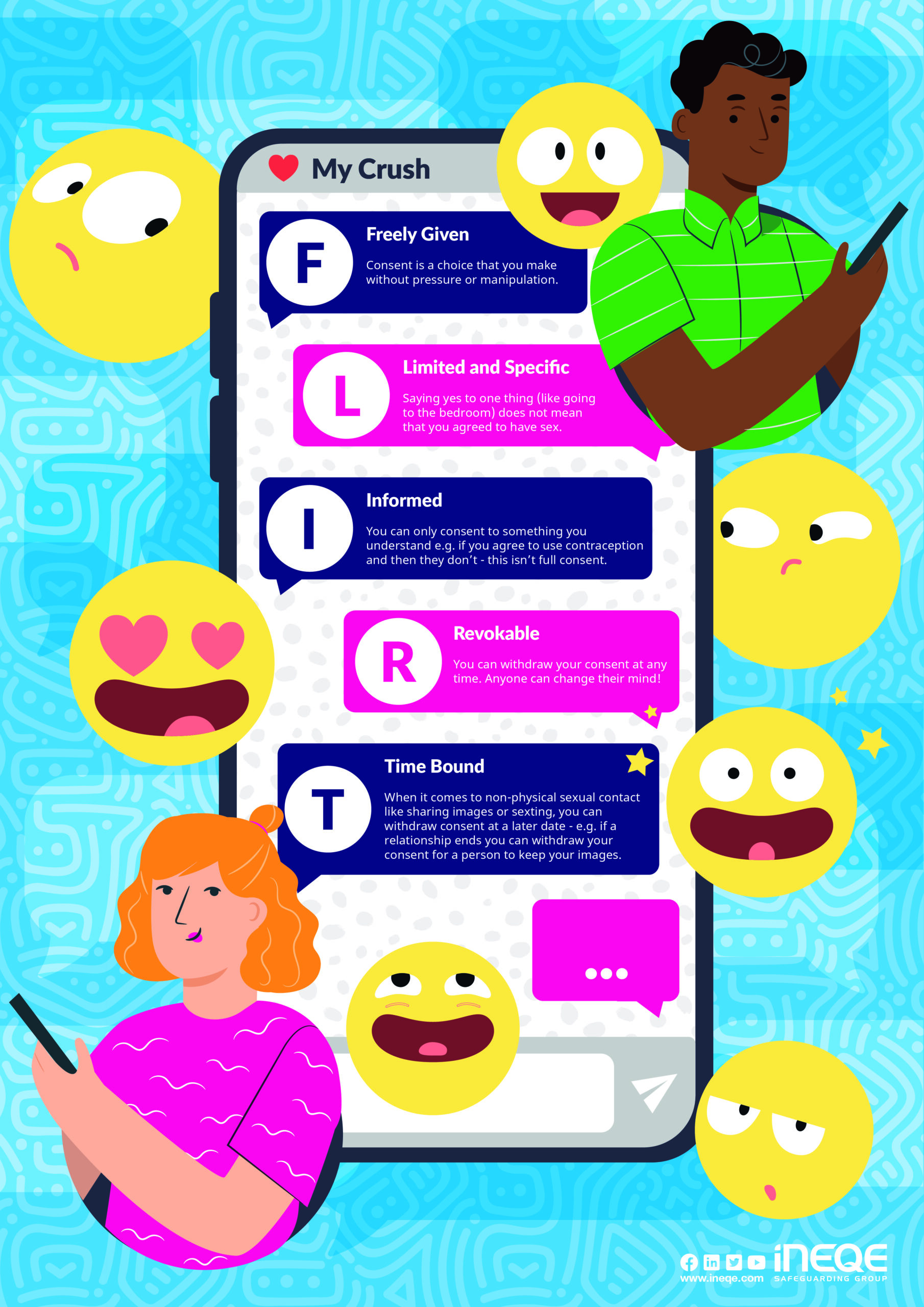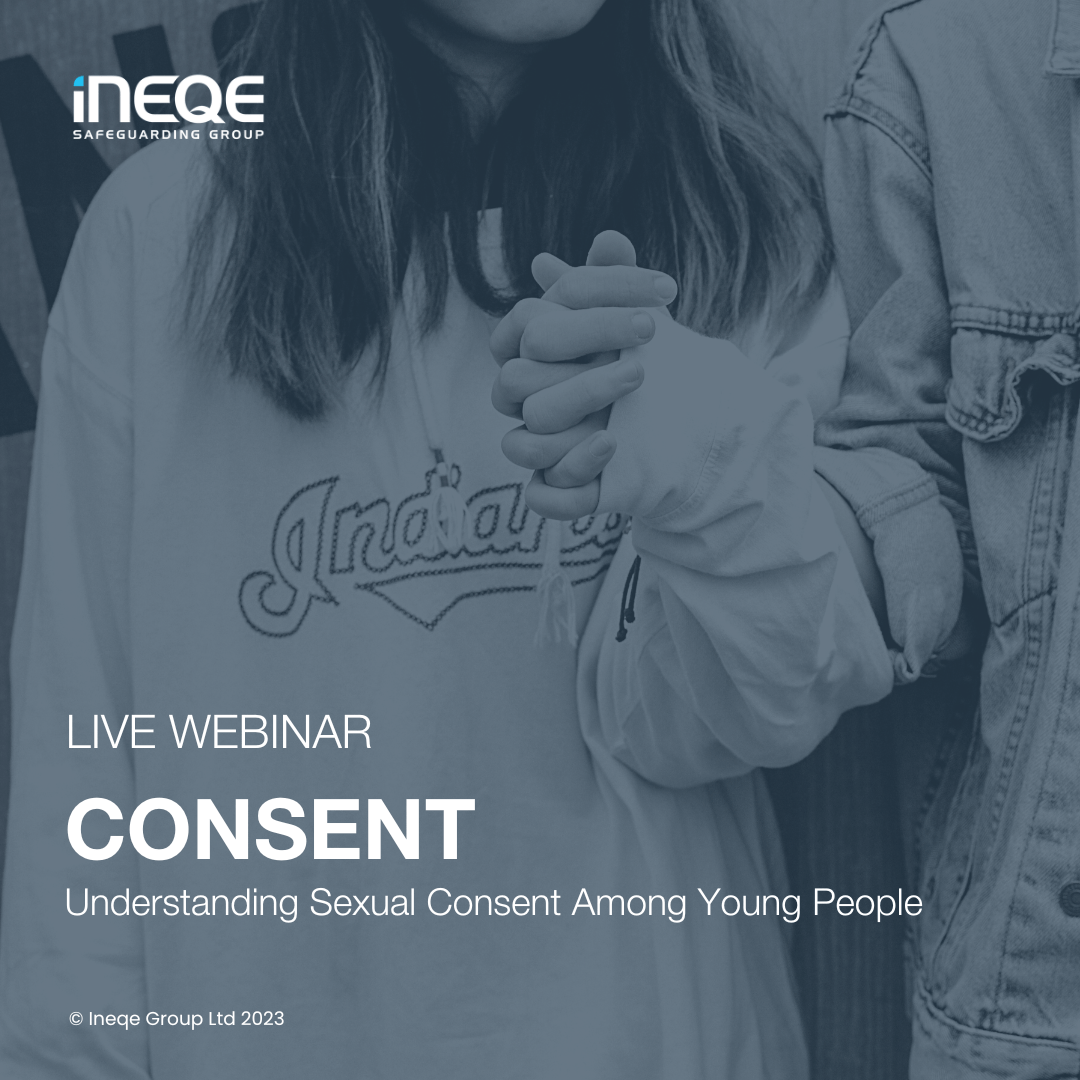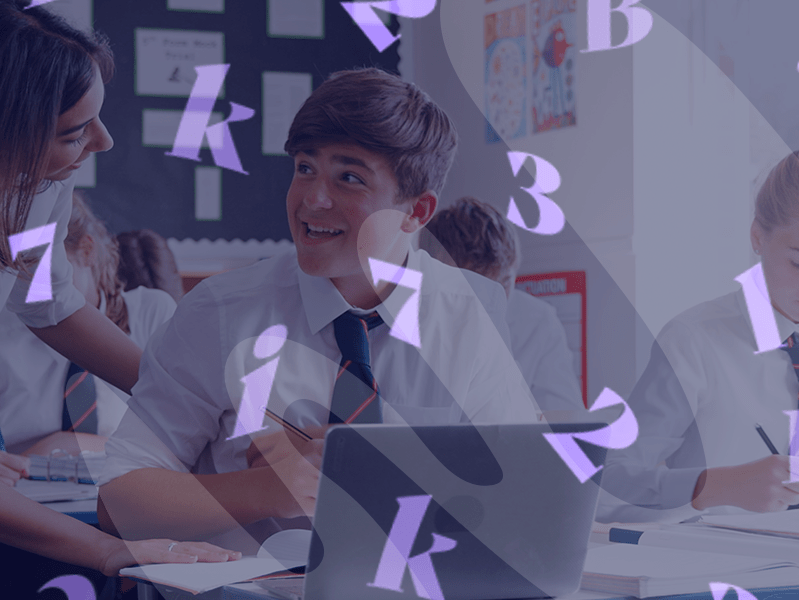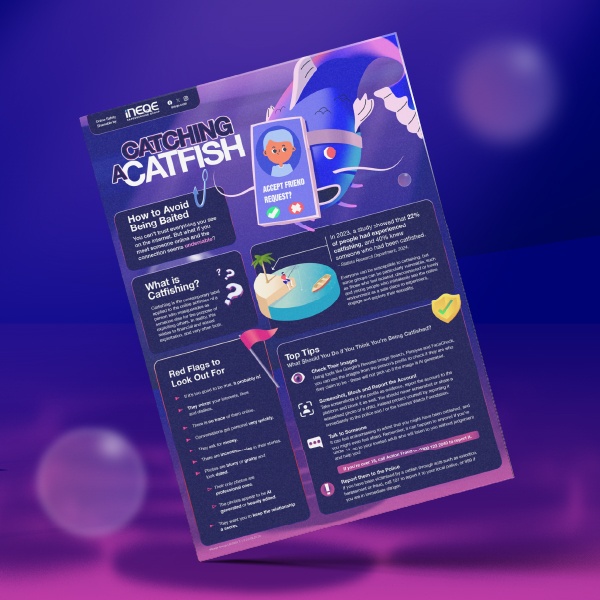Last Updated on 5th April 2024
Reading Time: 1.8 mins
6th June 2023
In today’s rapidly evolving world, young individuals face a multitude of challenges in navigating relationships. It is crucial the adults in their life equip them with the knowledge and skills necessary to establish and respect boundaries.
Understanding sexual consent goes beyond a simple “yes” or “no.” It encompasses the ability to give consent freely and willingly, without any form of coercion, pressure, or manipulation. Consent should be enthusiastic, informed, and ongoing, ensuring that both parties are fully aware and engaged in the experience.
Unfortunately, misconceptions and misunderstandings about consent persist among young people, leading to harmful consequences. This is why education and open dialogue are paramount. By fostering discussions around consent, we can empower young individuals to recognise and assert their boundaries, while also promoting respect for the boundaries of others.
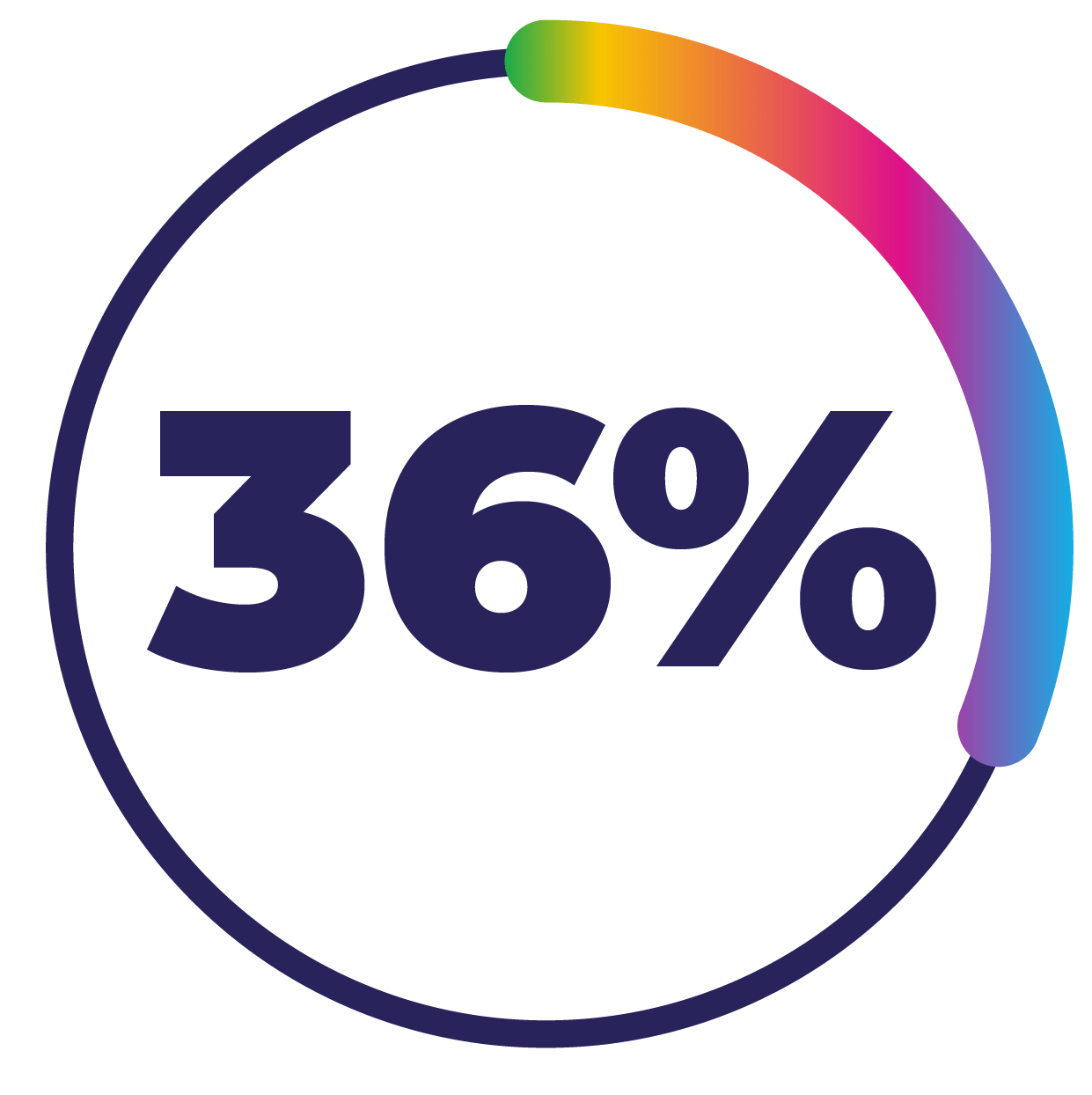
We believe consent education should not only address the offline world but also the digital realm, where young people are increasingly engaging in relationships and encounters. In a report by Ofsted,
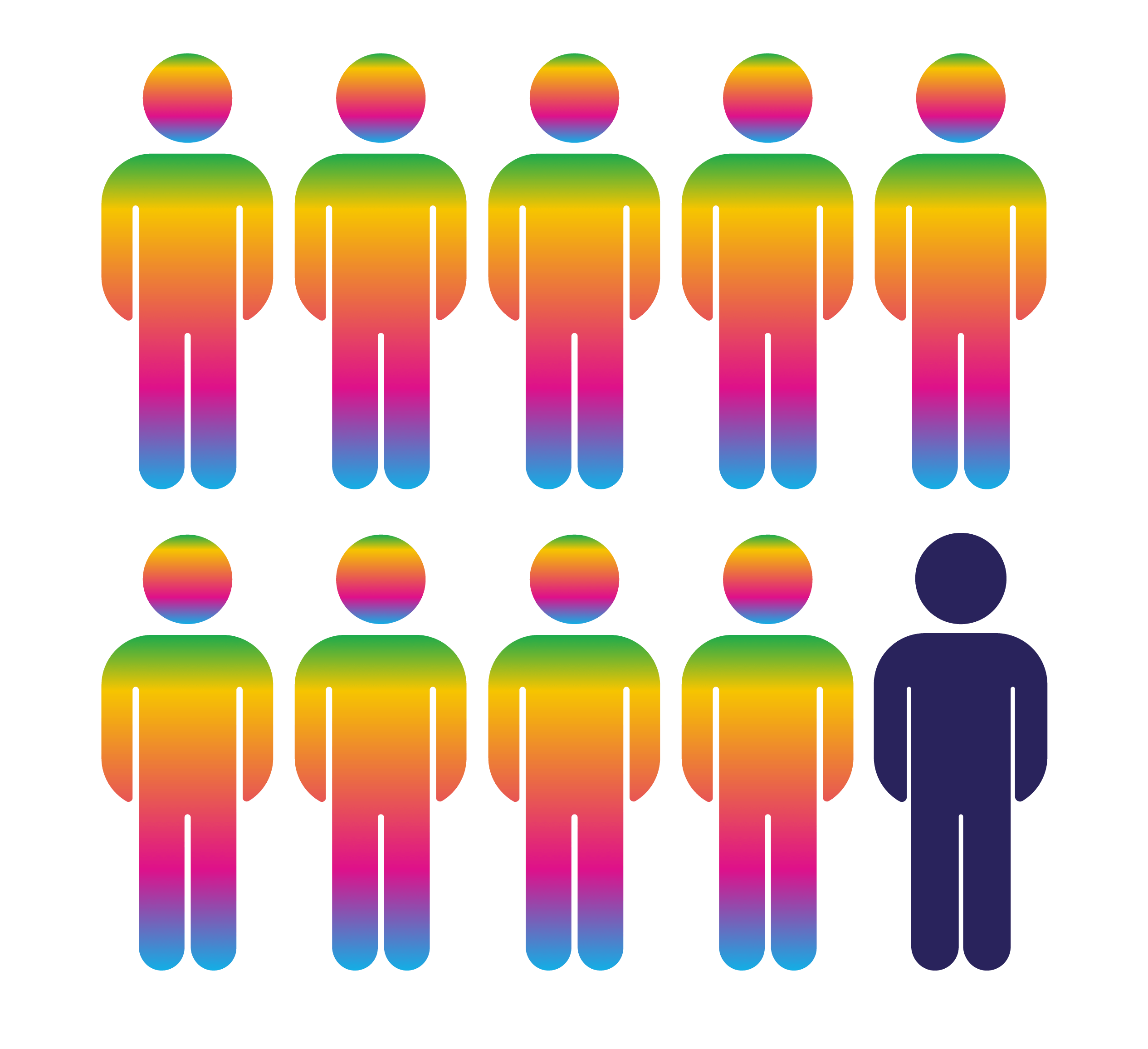
By addressing the nuances of consent, exploring power dynamics, and examining gender imbalances, we can create a culture that values consent and respects personal autonomy. Teaching young people about consent is not only about protecting them from harm but also about promoting healthy relationships, fostering mutual respect, and preventing sexual violence.
Join our Online Safeguarding Hub Newsletter Network
Members of our network receive weekly updates on the trends, risks and threats to children and young people online.


